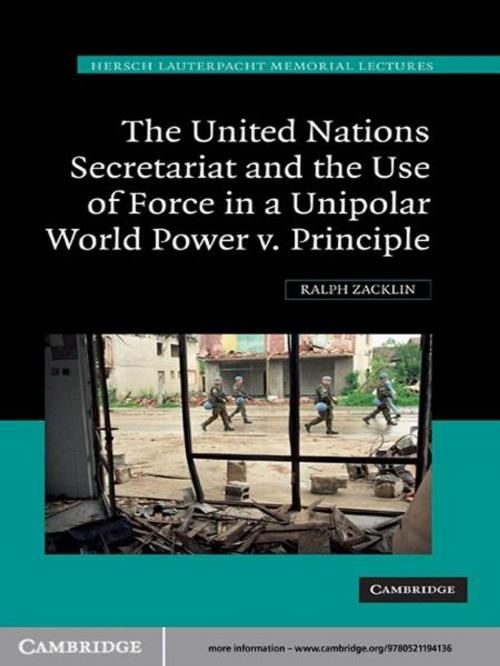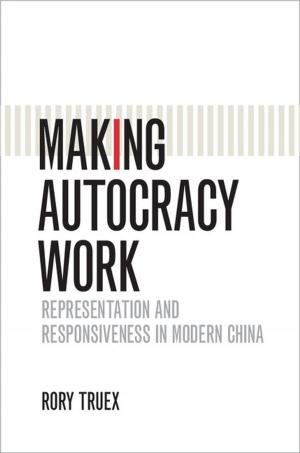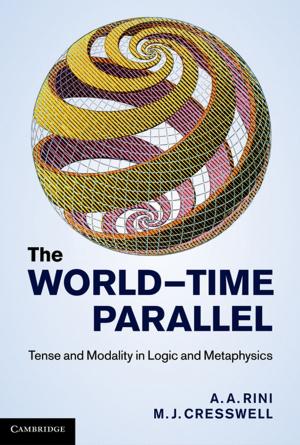The United Nations Secretariat and the Use of Force in a Unipolar World
Power v. Principle
Nonfiction, Reference & Language, Law, International, Social & Cultural Studies, Political Science, International Relations| Author: | Ralph Zacklin | ISBN: | 9781139124393 |
| Publisher: | Cambridge University Press | Publication: | February 4, 2010 |
| Imprint: | Cambridge University Press | Language: | English |
| Author: | Ralph Zacklin |
| ISBN: | 9781139124393 |
| Publisher: | Cambridge University Press |
| Publication: | February 4, 2010 |
| Imprint: | Cambridge University Press |
| Language: | English |
The end of the Cold War appeared to revitalise the Security Council and offered the prospect of restoring the United Nations to its central role in the maintenance of international peace and security. Between the Gulf War of 1990 and the 2003 invasion of Iraq, the UN Secretariat found itself in the midst of an unprecedented period of activity involving authorised and unauthorised actions leading to the use of force. In this 2010 book Ralph Zacklin examines the tensions that developed between the Secretariat and member states, particularly the five permanent members of the Security Council, concerning the process and content of the Council's actions in the Gulf War, Bosnia, Kosovo and the Iraq War as the Secretariat strove to give effect to the fundamental principles of the Charter.
The end of the Cold War appeared to revitalise the Security Council and offered the prospect of restoring the United Nations to its central role in the maintenance of international peace and security. Between the Gulf War of 1990 and the 2003 invasion of Iraq, the UN Secretariat found itself in the midst of an unprecedented period of activity involving authorised and unauthorised actions leading to the use of force. In this 2010 book Ralph Zacklin examines the tensions that developed between the Secretariat and member states, particularly the five permanent members of the Security Council, concerning the process and content of the Council's actions in the Gulf War, Bosnia, Kosovo and the Iraq War as the Secretariat strove to give effect to the fundamental principles of the Charter.















